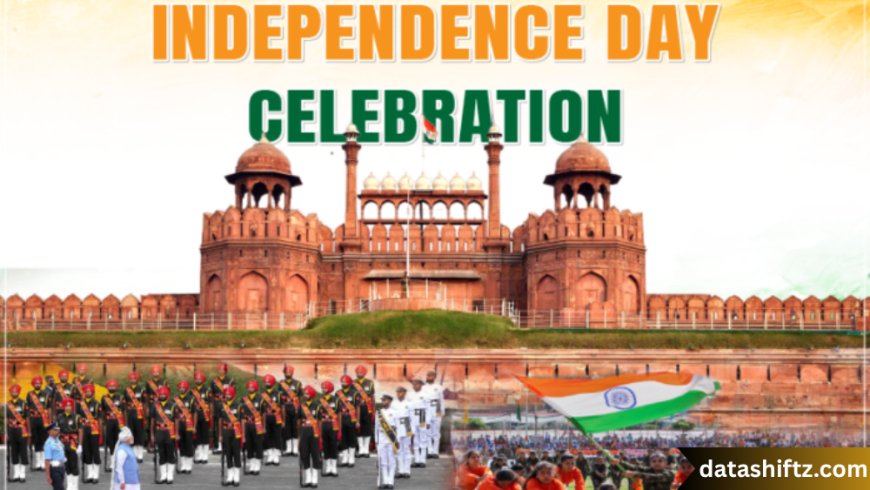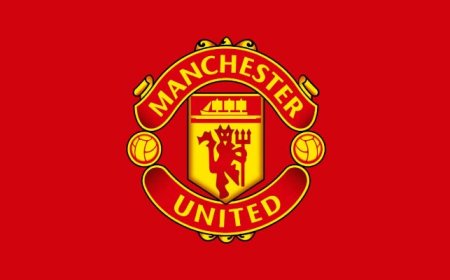Independence Day – A Celebration of Freedom and Unity

Introduction
Independence Day is one of the most significant national events in any country’s calendar, marking the day when a nation gained freedom from foreign rule, oppression, or colonialism. For India, 15th August 1947 holds immense historical, political, and emotional value as it represents the dawn of liberty after centuries of struggle. This day is celebrated not only to remember the sacrifices of our freedom fighters but also to reaffirm our commitment to the ideals of democracy, equality, and unity. Across the nation, the day is observed with great pride, joy, and patriotism, symbolizing the resilience and determination of the people.
Historical Significance of Independence Day
The Struggle for Freedom
India’s journey to independence was not easy—it spanned decades of relentless protests, reform movements, and resistance. The independence movement brought together leaders from different backgrounds and ideologies, from Mahatma Gandhi’s non-violent civil disobedience to Subhas Chandra Bose’s call for armed struggle.
The Role of Leaders
-
Mahatma Gandhi – Advocate of non-violence and truth.
-
Jawaharlal Nehru – India’s first Prime Minister and a visionary for modern India.
-
Bhagat Singh – Revolutionary who inspired the youth.
-
Rani Lakshmibai – Symbol of women’s courage in the First War of Independence.
How Independence Day is Celebrated
Flag Hoisting Ceremonies
The Prime Minister hoists the national flag at the Red Fort, New Delhi, delivering a speech addressing the nation. Across states, governors and chief ministers also lead flag-hoisting ceremonies.
Cultural Programs
Schools, colleges, and organizations hold cultural events, patriotic songs, and dance performances. Documentaries and plays depicting the freedom struggle are staged to inspire younger generations.
Community and Social Activities
Independence Day is also marked by charitable activities such as blood donation camps, cleanliness drives, and community service.
Symbolism of Independence Day
Independence Day is not just about history—it symbolizes freedom, unity, and responsibility. It serves as a reminder that with freedom comes the duty to protect our nation’s values and work towards its progress.
Key Facts About Indian Independence Day
| Aspect | Details |
|---|---|
| Date of Celebration | 15th August every year |
| Year of Independence | 1947 |
| Colonial Power Freed From | British Empire |
| First Prime Minister | Pandit Jawaharlal Nehru |
| First Independence Day Speech | Delivered at the Red Fort, New Delhi |
| National Flag | Tricolor with saffron, white, green, and Ashoka Chakra |
| National Anthem | Jana Gana Mana |
Popular Ways People Celebrate Independence Day
-
Attending flag-hoisting events.
-
Wearing tricolor-themed clothing.
-
Watching patriotic movies and documentaries.
-
Participating in school and community programs.
-
Distributing sweets and food in the neighborhood.
-
Flying kites, a popular tradition in several states.
-
Lighting up public buildings in tricolor illumination.
Independence Day Around the World
While India celebrates on 15th August, other countries also have their own independence celebrations. For example:
-
USA – 4th July (Independence from Britain in 1776)
-
Pakistan – 14th August (Independence from Britain in 1947)
-
France – 14th July (Bastille Day marking the French Revolution)
These celebrations share a common theme—honoring the sacrifices made for freedom.
The Evolution of Independence Day Celebrations in India
In the early years post-independence, the day was primarily a solemn remembrance of struggles. Over time, it evolved into a grand celebration with:
-
Live telecasts of Red Fort speeches.
-
Parades showcasing India’s cultural diversity.
-
Technological advancements in flag-hoisting events.
-
Greater participation of youth through social media campaigns.
Challenges and Responsibilities After Independence
Gaining independence was only the first step. Nation-building requires:
-
Promoting equality and justice.
-
Reducing poverty and illiteracy.
-
Strengthening democratic values.
-
Safeguarding national unity amid diversity.
Conclusion
Independence Day is more than a date on the calendar—it’s a reminder of the sacrifices that secured our freedom and the responsibilities that come with it. As we celebrate with pride, we must also look to the future, striving to make our nation stronger, more prosperous, and united. The true tribute to our freedom fighters lies not just in honoring them once a year, but in living by the values they fought for.





























